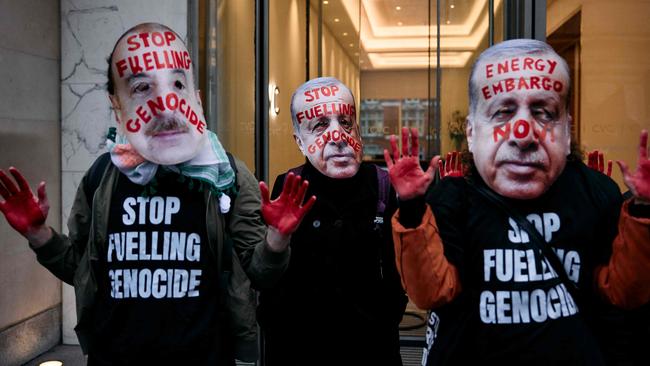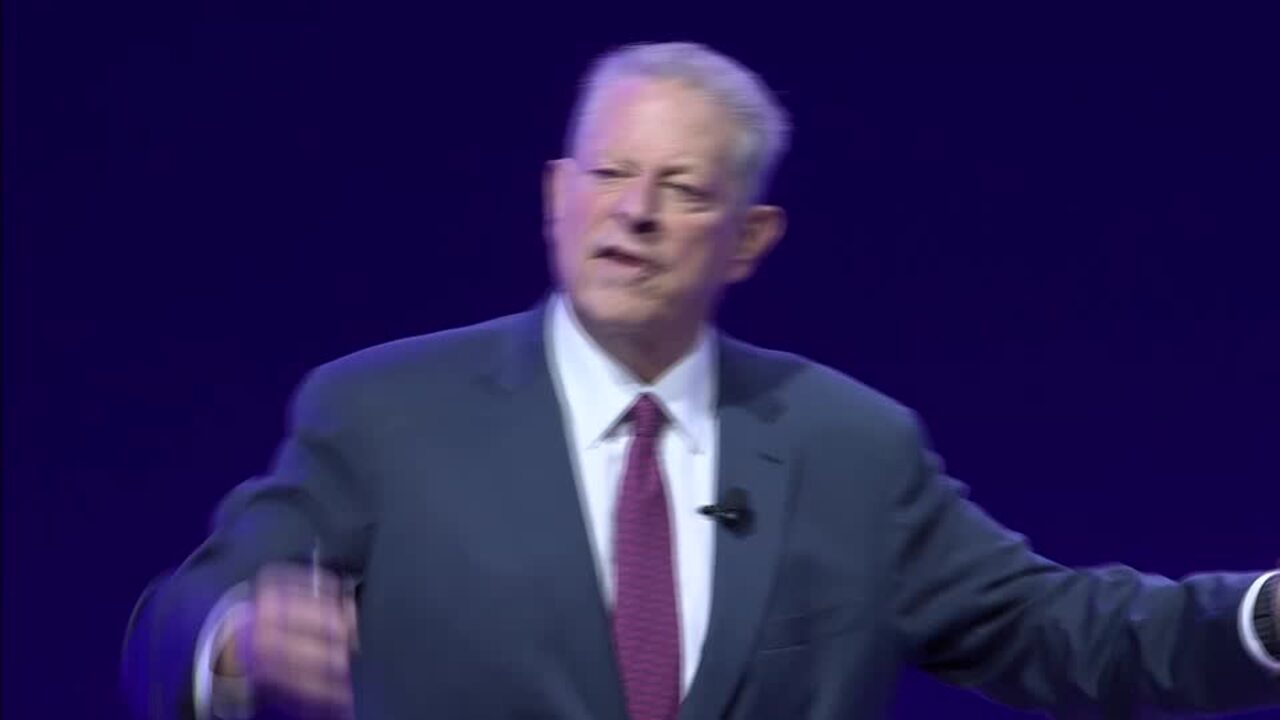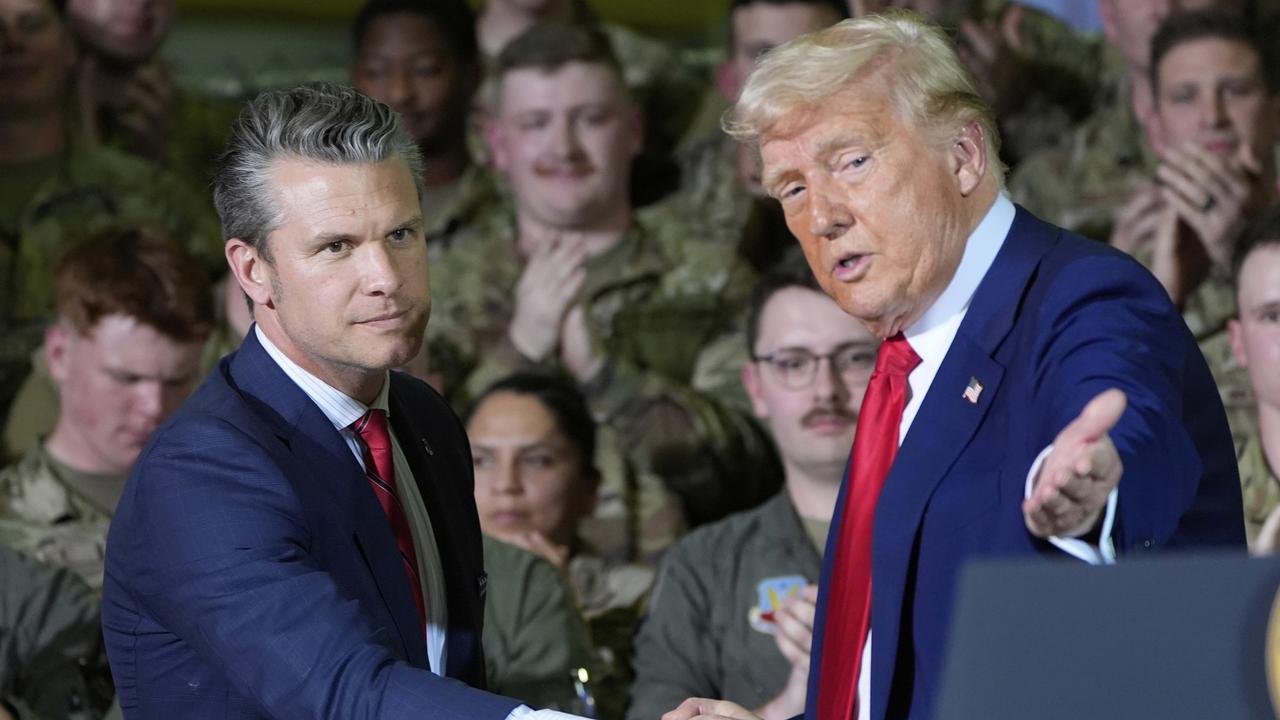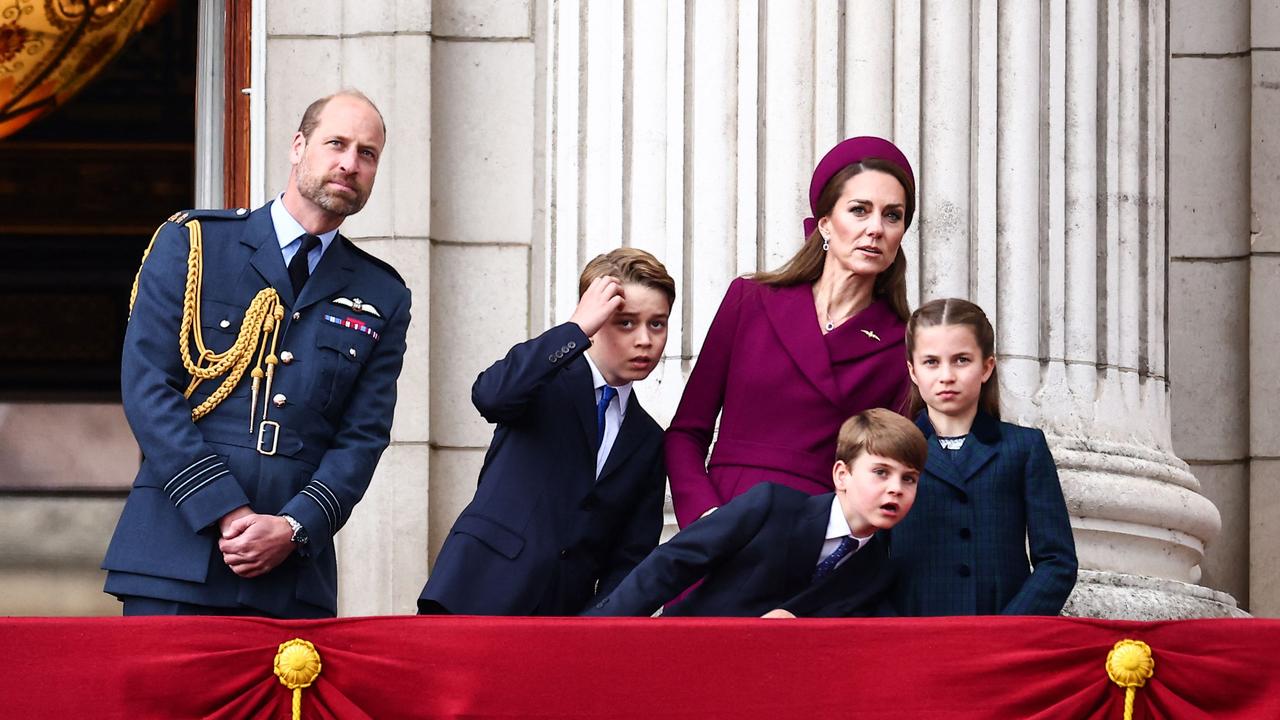Gas-swap deal at COP29 is ‘a Trojan horse’ for Putin into Europe
A row over Azerbaijan’s plans to ‘rebadge’ Russian gas to keep it flowing is the latest problem to hit the climate conference.

Talks to keep Russian fuel flowing to Europe in a controversial “gas-swap” scheme have been held at the COP29 climate conference.
Azerbaijan, which is hosting the two-week UN talks, has offered to sell gas to central European nations when a Russian supply route through Ukraine is cut off at the end of next month.
However, because there is insufficient pipeline capacity to send significant volumes of gas from Azerbaijan to Europe, it would go to Russia – then Russian gas would be simply rebadged as coming from Azerbaijan and the flow of fuel from St Petersburg gas giant Gazprom would continue.
Jacob Mandel, an analyst at Aurora Energy Research, said: “There’s not really a feasible way for Azeri gas to go through Russia into Ukraine and then to Europe. It’s not physically possible. Contractually, it would be Azeri gas that makes its way to Europe, but physically it is of Russian origin.”
Such a deal would mean European countries could sign contracts with Baku without having to deal with Russians, but Oleh Savytskyi, of Ukrainian environmental group Razom We Stand, said if the deal goes through “it would be a Trojan horse to sneak Russian influence into Europe”.
It threatens to further mar the conference, which has already been beset by walkouts, boycotts and Donald Trump’s looming threat to pull the US out of the Paris climate agreement. The conference has 67,000 delegates registered to attend. It aims to limit global warming and transition away from fossil fuels, with a particular focus this year on agreeing a new $US1.3 trillion ($2 trillion) fund to help developing countries decarbonise.
However, Azerbaijan, which has agreed fossil fuel deals worth a potential $US8bn in the year since it was given the COP presidency, has openly continued to tout its oil and gas at the conference. In his opening speech to the talks, President Ilham Aliyev – whose wife, Mehriban, serves as his Vice-President – described his country’s extensive oil and gas as “a gift from God”. He said his nation “should not be blamed for bringing these resources to the market – because the market needs them”.

Russia, a close ally of Azerbaijan, has 900 delegates registered for the negotiations, the biggest official grouping it has ever sent to a UN climate conference, double the number it sent to COP28 in Dubai last year. The official delegation includes senior executives from Russian energy companies, with some openly marketing their fossil fuels at the conference.
Alexander Nazarov, head of investor relations at Novatek, Russia’s second-largest gas producer, told an audience at the Russian pavilion in the Baku stadium conference centre that demand for gas would continue to grow, despite an agreement at last year’s conference to “transition away” from fossil fuels. “Russia has the biggest sources of price-competitive natural gas in the world,” Mr Nazarov said. “We are ready to provide this to the Global South but we need to remove the artificial barriers that are in our way.”
Despite sanctions imposed when Russia invaded Ukraine in 2022, gas has continued to flow to central Europe – predominantly Slovakia, Hungary and Austria – under a five-year contract through the trans-Ukrainian pipeline. That deal expires at the end of December, and Austria’s supply was cut off in advance by Gazprom on Saturday.
Discussions are closing in on a workaround to keep the pipeline flowing, after EU and Ukrainian politicians said they were opposed to a continuation of the contract. The proposal involves Russian gas continuing to come through Ukraine, but relabelled as “Azeri”. Azerbaijan would then send its own gas to Russia to replace it.
Mr Aliyev discussed the proposal with Slovakian President Peter Pellegrini at the conference on Monday. An initial supply of Azeri gas would be sent through Turkey and Bulgaria, Mr Pellegrini said after the meeting, but in the longer term he hoped to secure the Ukraine route.
“I am glad President Aliyev assured me that … they are ready not only to guarantee a smaller part of supplies directly through the southern branch and through Bulgaria towards Slovakia, but also that their offer to help with gas transit through Ukraine is still valid,” he said.
Former Ukrainian MP Victoria Voytsitska, advocacy director at the International Centre for Ukrainian Victory, is opposed to a swap deal. “On paper it will be Azerbaijani, but in reality it will be Russian,” she said. “Russia needs to maintain their position on the European energy market in order to explore economical tools and impose their political agenda.”
The Kyiv government, which received $US800m transit fees for use of its pipeline last year, insisted it was not involved in talks with Slovakia or Azerbaijan over the deal.
The Times




To join the conversation, please log in. Don't have an account? Register
Join the conversation, you are commenting as Logout